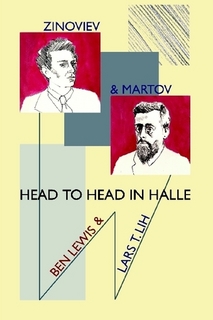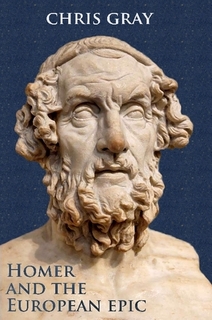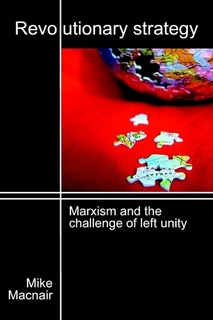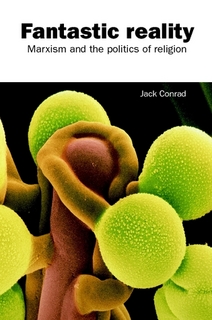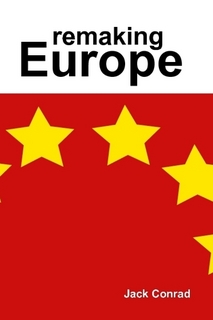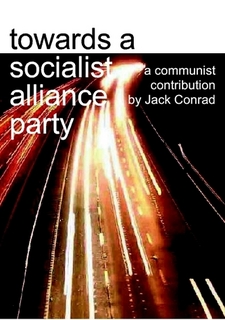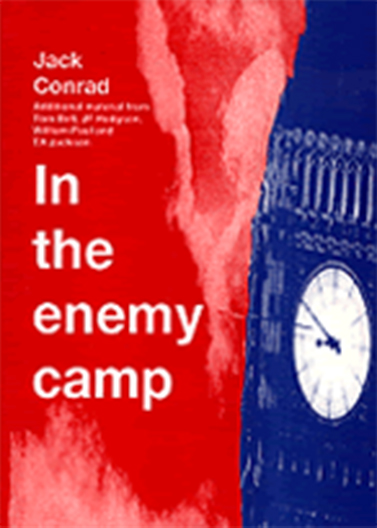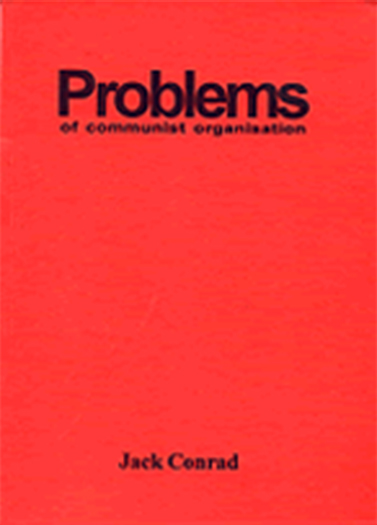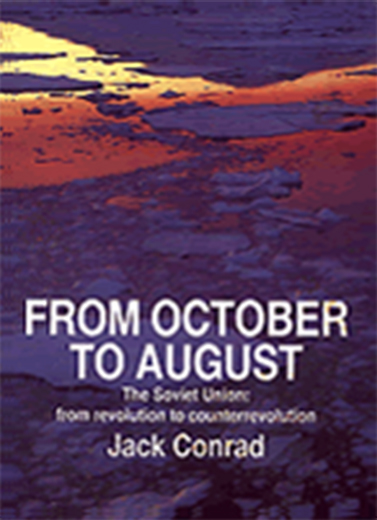Ben Lewis & Lars T. Lih, Zinoviev and Martov: Head to Head in Halle (2011)
“We are on the field of battle. The audience in the hall is divided in two sections: it is as if a knife has cut them sharply in two. Two parties are present.”
Zinoviev’s four hour speech to the Halle congress of the USPD is both one of the great forgotten orations of the 20th century and a turning point in the history of the German workers’ movement. Now it is (finally!) available in English – along with Julius Martov’s rejoinder – with a wealth of supplementary material. Essential reading.

